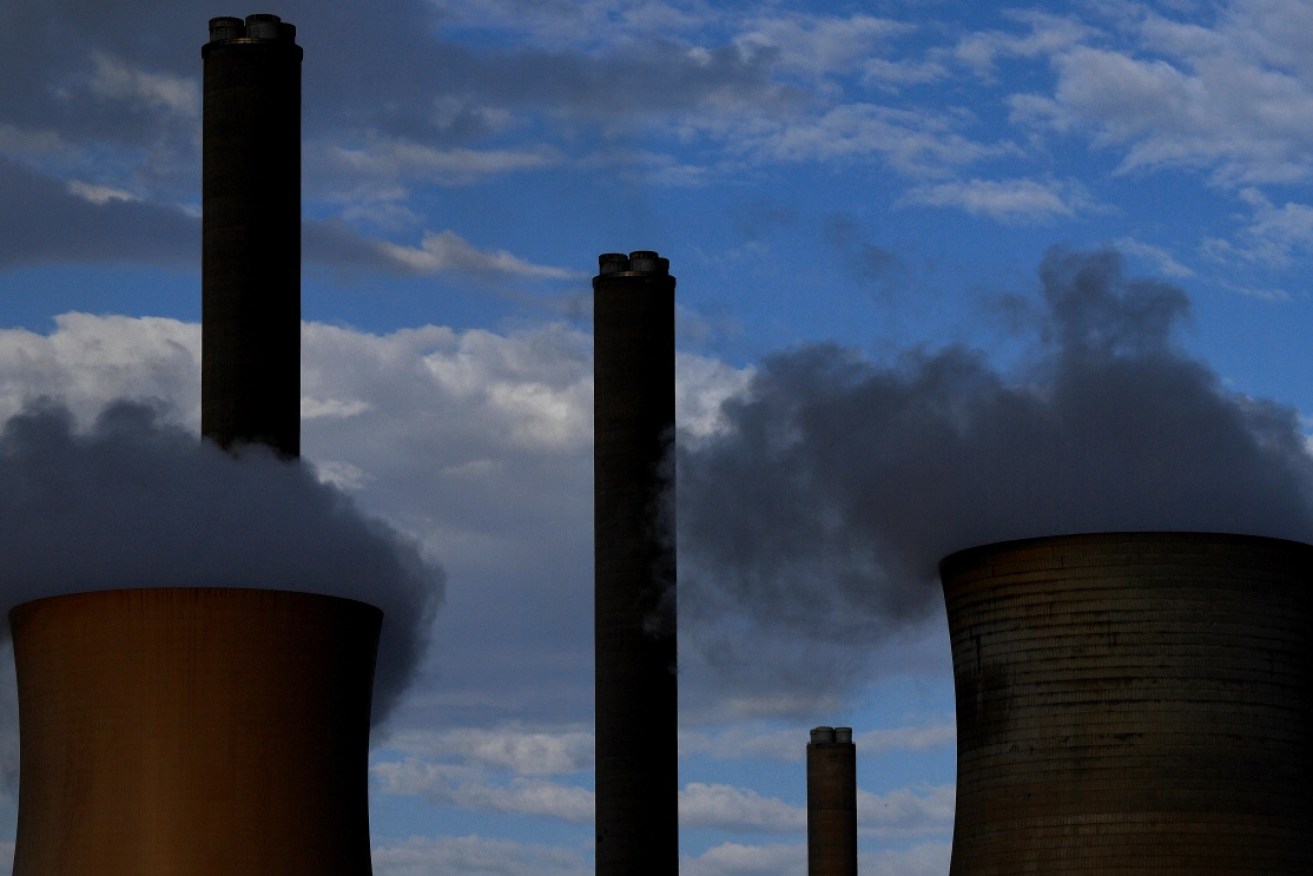Surge in power bills adds to cost woes

Wholesale electricity prices have increased in every region, a new report has revealed. Photo: AAP
Surging electricity prices for industry and large businesses are adding another cost pressure across Australia.
Wholesale electricity prices have increased in every region, the official Quarterly Energy Dynamics Report released on Friday found.
Oil, coal and gas prices have risen globally amid winter energy shortages and conflict in Europe.
The report issued by the Australian Energy Market Operator said prices in the national electricity market averaged $87 per megawatt-hour (MWh) in the first three months of this year, up more than two thirds on the December quarter and up 141 per cent on the March quarter of 2021.
Outages meant the availability of thermal generators was significantly lower, with black coal electricity generation at its lowest quarterly level in two decades.
Energy Minister Angus Taylor told AAP his plan for affordable reliable energy has achieved wholesale price reductions.
In May 2019, a price target of less than $70 per MWh was set and that target was achieved, he said.
Since 2018/19, average wholesale electricity prices have fallen more than 30 per cent, to around $67 per MWh last year, but have since spiked higher.
Energy market expert Tristan Edis said wholesale power prices have risen because Australia is too exposed to volatile international commodity markets.
“The federal government hasn’t managed to achieve its promise from the last election to bring wholesale power prices below $70MWh,” he said.
Despite increased demand for electricity as heatwaves struck, NEM emissions hit a record March quarter low at 30.4 million tonnes carbon dioxide equivalent – four per cent lower than a year earlier.
AEMO executive Violette Mouchaileh said prices in Queensland and NSW, the most dependent on coal-fired generation, were again significantly higher than southern states.
“This was due to the larger price-setting role of black coal generation and system security constraints limiting daytime electricity transfers from Victoria into NSW,” she said.
Wind and large-scale solar output hit a new quarterly record, along with increases in rooftop solar, gas and hydro.
Output from Australia’s largest coal-fired power station Eraring is down 16 per cent so far this financial year.
Eraring owner Origin Energy said wholesale prices have risen significantly, driven by higher coal prices, lower solar output associated with the La Nina summer and baseload outages across the market.
Labor leader Anthony Albanese said Labor’s energy policy will bring power prices down.
“If we get this right, if we fix the grid, if we do other measures that we’ve got in place as part of our Powering Australia plan, we will see those energy prices drop,” he told reporters.
Marija Petcovich, head of analytics firm Energy Synapse, said Australia will be vulnerable to price shocks as long as the grid remains reliant on fossil fuels.
Coal prices have surged and this has affected power stations, which must put a bid into the market to provide electricity at a certain price and are reluctant to go too low.
“This has been the main driver of increases in the wholesale price of electricity,” Ms Petcovich said.
Gas-fired plants supply less total electricity, but have a big influence in setting wholesale electricity prices.
East coast prices hit near-record levels and averaged $9.93 per gigajoule for the quarter, sharply higher than $6.05/GJ a year earlier.
Mr Angus said to keep wholesale prices as low as possible, Australia needs to continue to invest in “reliable generation”.
“That’s why we are doing this through Snowy 2.0 and a new gas generator at Kurri Kurri alongside many other key projects.”
– AAP








